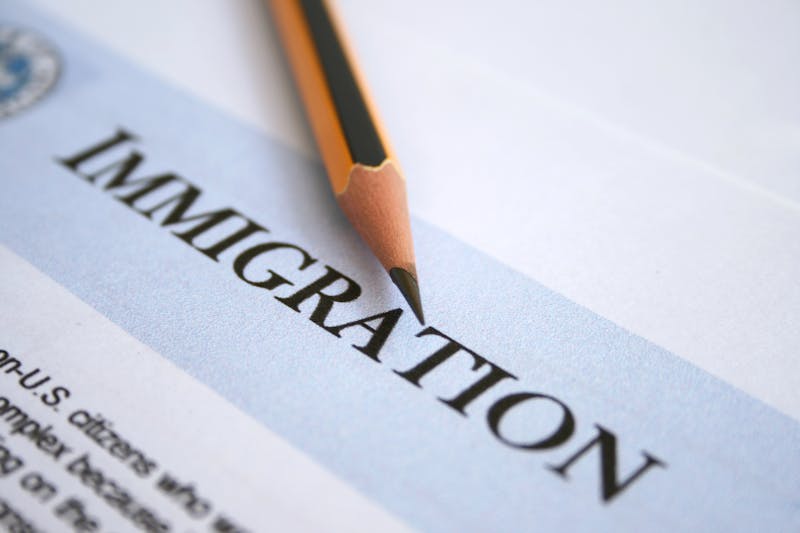
Florida has enacted strict new laws targeting individuals accused of immigration-related offenses, introducing mandatory minimum sentences and stricter pretrial detention rules. These changes will have serious consequences for anyone facing charges under these new laws. If you or a loved one is impacted, it’s critical to understand your rights and options.
At Carlson Meissner Hayslett, the highest-reviewed law firm in the area by Google, we have a proven track record of defending clients against complex criminal charges. Our experienced attorneys are ready to fight for you.
Key Provisions of Florida’s New Immigration Crime Laws
Harsher Criminal Penalties for Unauthorized Reentry
Under the new law, these are the penalties for re-entering Florida after previously being deported or removed:
- Third-Degree Felony (F3)– A mandatory minimum of 1 year and 1 day in prison for entering, attempting to enter, or being in the state after being denied admission, deported, or removed. Some limited exceptions apply.
- Enhanced Third-Degree Felony (F3)– A 2-year mandatory minimum sentence if the person has three or more prior convictions (excluding forcible or aggravated felonies).
- Second-Degree Felony (F2)– A 5-year mandatory minimum sentence if the person has any prior conviction for a forcible or aggravated felony.
Stricter Pretrial Detention for Immigration-Related Crimes
The laws significantly restrict pretrial release for individuals charged under the newly created Chapter 811 dealing with unauthorized aliens and immigration:
- Presumption of Detention– Courts must assume that no conditions of release can ensure the accused will appear at trial, meaning they must be detained until the case is resolved.
- No Pretrial Diversion or Civil Citations – Crimes under this law are not eligible for diversion programs, meaning that first-time offenders have no alternative sentencing options.
- Immediate Reporting to Federal Authorities – Law enforcement must notify the Department of Homeland Security (DHS) upon arrest and submit fingerprints to the Florida Department of Law Enforcement (FDLE).
Is the Law Constitutional? Legal Challenges Are Expected
Some have expressed concern that these new laws raise constitutional issues that may lead to legal challenges in both Florida and federal courts. In a 1980 case, the Florida Supreme Court concluded that even though the state has an interest in securing a defendant’s presence at trial, bail cannot be denied in all cases. This confirms cases from the United States Supreme Court, which hold that due process and equal protection require all individuals accused of crimes to be treated equally under the law.
Conflicts with Florida’s Constitution and Court Precedents
Additionally, the Florida Constitution, Section 14 & Florida Rule of Criminal Procedure 3.131 guarantee bail for all offenses unless the charge is for a capital offense or an offense punishable by life imprisonment. The Florida Supreme Court has ruled that state laws cannot override its authority in setting pretrial release rules.
Some believe that because this new law automatically assumes detention for unauthorized immigrants, it could be challenged as unconstitutional discrimination under equal protection laws. Also, because the new law imposes mandatory detention, it may be found to violate Florida’s constitutional guarantee of bail in most cases.
What This Means for You
- For now, if you are arrested under this law, you could be held without bond.
- Even minor prior convictions can trigger mandatory prison time.
- Legal challenges are expected, but courts must enforce the law until overturned.
If you or a loved one is facing charges under this law, you need an experienced legal team to fight for your rights.
Carlson Meissner Hayslett: Top-Rated Criminal Defense Team
With over 50 years of experience and a team of former prosecutors and board-certified criminal defense attorneys, Carlson Meissner Hayslett is ready to protect your future. Our firm is the highest Google-reviewed law firm in the area, with offices in:
Our attorneys have successfully defended thousands of clients, and we’re prepared to fight for you. Time is critical—call us now for a free consultation.
Contact us today at 727-306-0273 or visit www.carlsonmeissner.com to schedule a case review.

